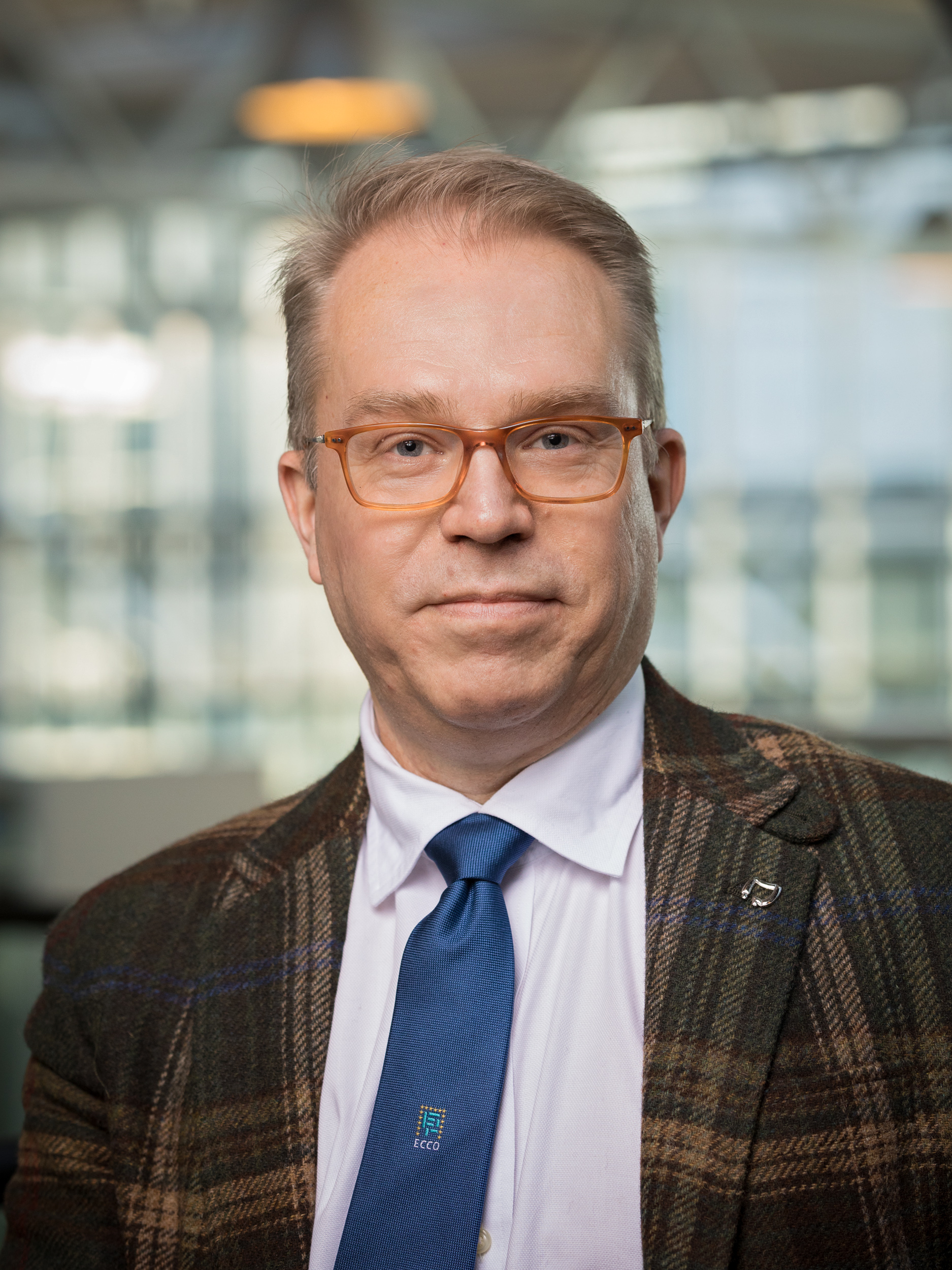National IBD Pathways
Pär Myrelid, S-ECCO Chair
 Pär Myrelid Pär Myrelid© ECCO |
In many countries, cancer patients have had structural pathways for a number of years. Regardless of whether these are called two-week referrals, urgent referrals or cancer pathways, they have improved the care for many patients with a suspected malignancy. In a society with limited access to medical care, however, an improvement like this may come at a cost. Unfortunately, patients with chronic disease may be among those paying the price for the structural pathways within Oncology. This price comes in many different forms, but for our Inflammatory Bowel Disease patients it particularly involves prolonged waiting times for radiology, endoscopy and surgery. Thus the improvement achieved for patients with, for example, suspected colorectal cancer may at the same time represent an impairment for patients with an increased risk of developing the same type of cancer as intervals between endoscopic surveillance sessions tend to increase.
Attempts are now being made to create structural pathways also for patients with chronic diseases, and in Sweden a national programme was recently adopted covering the period from initial suspicion or new diagnosis of IBD through to the end of the first year. The goals of this pathway are to decrease the time from suspicion of IBD to initiation of therapy, to increase the proportion of asymptomatic patients and to ensure that patients and their next of kin are better informed and more involved in their own treatment. In addition, it is hoped that the programme will raise the national floor for IBD care. All nations have one or more centres of excellence that lift the standard for treatment of IBD, but there must also be a well-described minimum level of care. ECCO has a long history of involvement in similar projects: https://www.ecco-ibd.eu/virtual-platform/e-quality.html. We need to focus on structure (e.g. facilities and team members), process (e.g. structural pathways and surveillance) and outcome (quantification of outcomes for patients).
The national programme in Sweden is a major project, but at the same time it covers just a minor part of the entirety of IBD care. Getting all health care regions to accept a minimum standard of care is an extensive task, as is ensuring that reports of the outcome are fully transparent and open to the public. In addition, the project addresses only the first year following an IBD diagnosis and will need to be extended in the future so as to focus on current limitations, for example in respect of endoscopy and surgery. In the area of surgery, Sweden is looking to neighbouring Denmark, which has been a forerunner in centralisation, e.g. restorative surgery is restricted to a handful of hospitals nationwide, though agreement has still to be reached around the stipulated centralisation to four centres funded by national referrals. Apart from achieving sufficient patient numbers to improve outcomes, research and training, at this time such centralisation is probably the only way to ensure that sufficient resources are allocated to performance of IBD surgery in a healthcare system overwhelmed by emergency and oncology care.
Some of you were able to hear about the Danish improvements in Ulcerative Colitis surgery at S-ECCO Masterclass in Copenhagen. Those of you who are interested in the development and implementation of the Swedish structural pathway for IBD are welcome to join us at the 13th S-ECCO Masterclass in Stockholm in 2024.


